Music production is an industry that demands versatility and offers diverse, lucrative career options. Sanchayan Bhattacharjee sings a different tune
With the proliferation of digital technologies, the music industry has evolved, both from the producer as well as the consumer's point of view. While the consumers have forced a rethink of the entire the industry's revenue model, producers are not averse to using technology to complement or even supplement their work. As a result, music production today has evolved to include a wider gamut of activities as compared to the 1990s. Essentially, it is the art and science of creating a song, from composition to release. A career in this field involves being well educated about the aesthetic as well as the scientific side of music.
"Today a music production professional can play the role of both a music arranger as well as a sound mixer. In fact, most composers are expected to play multiple roles either as an independent artist or in collaboration with others," says Ashutosh Phatak, founder, True School of Music (TSM), Mumbai. Since technology forms an important component of a music production professional's repertoire, institutes focus on sound programming. "It involves using software rather than real instruments to formulate a musical idea into sound. The process can be used to recreate the sound of any instrument or even come up with completely new sounds," says Ed DeGenaro, head, Music Production, Swarnabhoomi Academy of Music.
Several institutes across the country offer certificate courses of varying duration in music production. While there are no set qualifications prescribed for most of these courses, a basic understanding of music and the science of sound is certainly helpful. For a beginner, the curriculum begins at a basic level focusing on history and context of music, software, etc. before moving on to the next level, which includes song writing, arranging music, orchestration etc. "The idea is to introduce students to the uses, concepts, techniques, and terminology of computing through music applications," says DeGenaro. Students are evaluated via regular assignments and assessments throughout the programme.
Although these private institutions have robust infrastructure, their fees are generally quite high. Even a six month certificate course at most institutions could easily cost more than a lakh. However, the Mumbai University's (MU) Department of Music also provides a six month Studio Recoding course that costs Rs 45000, which is significantly lesser than its private counterparts. "It is primarily conducted in the University's studio where students get hands on experience of recording," says the department's head Anaya Thatte. "We prefer students who have studied Physics at least until class XII," she adds. However, while the University's programme is cost effective, the private institutions score where giving guidance to students with regard to placements is concerned.
Both the University faculty members as well as those from the other institutes agree that a certificate can at best act as an entry point. "In this industry, you are only as good as your previous work. I have a degree from abroad, but not once have I been asked to brandish it in the last 20 years," says Phatak.
Music production presents a plethora of career opportunities. Indian viewers can choose from more than 650 television channels. Almost all these channels have a revenue model which depends on advertising. Industry experts suggest that approximately 19,000 ads are made every year for these channels. Each advertisement requires music. In addition to this there are radio ads, corporate films, documentaries, independent projects and the huge Bollywood industry, which provides good job prospects. "Composing a background score for corporate films, jingles for television commercials; working with game developers to provide sound are some of the avenues available to a music production professional," says Reuel Benedict, head, placement department, TSM. A fresher can earn anything between Rs15, 000-30,000 for each project. "Depending on the quality of work and resourcefulness of the individual, it is not difficult to complete 3-4 projects a month," he adds.
Despite all the permutations and combinations, a career in music production is a talent driven one. "Technology has certainly made learning easier for a beginner. However after a certain level, it is originality which differentiates the best from the rest, something that no technology can help with," says Phatak. DeGenaro adds, "An audio professional's job is to realise someone else's musical vision and translate it to sound. Regardless of one's own taste in music, one should be non-judgmental about the work that they take and attempt to see the music or work on its own merit."
![submenu-img]() This singer left Air Force, sang at churches, became superstar; later his father killed him after...
This singer left Air Force, sang at churches, became superstar; later his father killed him after...![submenu-img]() Indian-origin man says Apple CEO Tim Cook pushed him...
Indian-origin man says Apple CEO Tim Cook pushed him...![submenu-img]() Anil Ambani’s Rs 96500000000 Reliance deal still waiting for green signal? IRDAI nod awaited as deadline nears
Anil Ambani’s Rs 96500000000 Reliance deal still waiting for green signal? IRDAI nod awaited as deadline nears![submenu-img]() Most popular Indian song ever on Spotify has 50 crore streams; it's not Besharam Rang, Pehle Bhi Main, Oo Antava, Naina
Most popular Indian song ever on Spotify has 50 crore streams; it's not Besharam Rang, Pehle Bhi Main, Oo Antava, Naina![submenu-img]() Did Diljit Dosanjh cut his hair for Amar Singh Chamkila? Imtiaz Ali reveals ‘he managed to…’
Did Diljit Dosanjh cut his hair for Amar Singh Chamkila? Imtiaz Ali reveals ‘he managed to…’ ![submenu-img]() DNA Verified: Is CAA an anti-Muslim law? Centre terms news report as 'misleading'
DNA Verified: Is CAA an anti-Muslim law? Centre terms news report as 'misleading'![submenu-img]() DNA Verified: Lok Sabha Elections 2024 to be held on April 19? Know truth behind viral message
DNA Verified: Lok Sabha Elections 2024 to be held on April 19? Know truth behind viral message![submenu-img]() DNA Verified: Modi govt giving students free laptops under 'One Student One Laptop' scheme? Know truth here
DNA Verified: Modi govt giving students free laptops under 'One Student One Laptop' scheme? Know truth here![submenu-img]() DNA Verified: Shah Rukh Khan denies reports of his role in release of India's naval officers from Qatar
DNA Verified: Shah Rukh Khan denies reports of his role in release of India's naval officers from Qatar![submenu-img]() DNA Verified: Is govt providing Rs 1.6 lakh benefit to girls under PM Ladli Laxmi Yojana? Know truth
DNA Verified: Is govt providing Rs 1.6 lakh benefit to girls under PM Ladli Laxmi Yojana? Know truth![submenu-img]() Alia Bhatt wears elegant saree made by 163 people over 1965 hours to Met Gala 2024, fans call her ‘princess Jasmine’
Alia Bhatt wears elegant saree made by 163 people over 1965 hours to Met Gala 2024, fans call her ‘princess Jasmine’![submenu-img]() Jr NTR-Lakshmi Pranathi's 13th wedding anniversary: Here's how strangers became soulmates
Jr NTR-Lakshmi Pranathi's 13th wedding anniversary: Here's how strangers became soulmates![submenu-img]() Streaming This Week: Heeramandi, Shaitaan, Manjummel Boys, latest OTT releases to binge-watch
Streaming This Week: Heeramandi, Shaitaan, Manjummel Boys, latest OTT releases to binge-watch![submenu-img]() Remember Ayesha Kapur? Michelle from Black, here's how actress, nutrition coach, entrepreneur looks after 19 years
Remember Ayesha Kapur? Michelle from Black, here's how actress, nutrition coach, entrepreneur looks after 19 years![submenu-img]() Remember Heyy Babyy's cute 'Angel' Juanna Sanghvi? 20 year-old looks unrecognisable now, fans say 'her comeback will...'
Remember Heyy Babyy's cute 'Angel' Juanna Sanghvi? 20 year-old looks unrecognisable now, fans say 'her comeback will...'![submenu-img]() DNA Explainer: Why Harvey Weinstein's rape conviction was overturned, will beleaguered Hollywood mogul get out of jail?
DNA Explainer: Why Harvey Weinstein's rape conviction was overturned, will beleaguered Hollywood mogul get out of jail?![submenu-img]() What is inheritance tax?
What is inheritance tax?![submenu-img]() DNA Explainer: What is cloud seeding which is blamed for wreaking havoc in Dubai?
DNA Explainer: What is cloud seeding which is blamed for wreaking havoc in Dubai?![submenu-img]() DNA Explainer: What is Israel's Arrow-3 defence system used to intercept Iran's missile attack?
DNA Explainer: What is Israel's Arrow-3 defence system used to intercept Iran's missile attack?![submenu-img]() DNA Explainer: How Iranian projectiles failed to breach iron-clad Israeli air defence
DNA Explainer: How Iranian projectiles failed to breach iron-clad Israeli air defence![submenu-img]() This singer left Air Force, sang at churches, became superstar; later his father killed him after...
This singer left Air Force, sang at churches, became superstar; later his father killed him after...![submenu-img]() Most popular Indian song ever on Spotify has 50 crore streams; it's not Besharam Rang, Pehle Bhi Main, Oo Antava, Naina
Most popular Indian song ever on Spotify has 50 crore streams; it's not Besharam Rang, Pehle Bhi Main, Oo Antava, Naina![submenu-img]() Did Diljit Dosanjh cut his hair for Amar Singh Chamkila? Imtiaz Ali reveals ‘he managed to…’
Did Diljit Dosanjh cut his hair for Amar Singh Chamkila? Imtiaz Ali reveals ‘he managed to…’ ![submenu-img]() Watch: Arti Singh gets grand welcome at husband Dipak's house with fairy lights and fireworks, video goes viral
Watch: Arti Singh gets grand welcome at husband Dipak's house with fairy lights and fireworks, video goes viral![submenu-img]() Meet actress, who belongs to family of superstars, quit films after 19 flops, no single hit in 9 years; is still worth…
Meet actress, who belongs to family of superstars, quit films after 19 flops, no single hit in 9 years; is still worth…![submenu-img]() IPL 2024: Suryakumar Yadav's century power MI to 7-wicket win over SRH
IPL 2024: Suryakumar Yadav's century power MI to 7-wicket win over SRH![submenu-img]() DC vs RR, IPL 2024: Predicted playing XI, live streaming details, weather and pitch report
DC vs RR, IPL 2024: Predicted playing XI, live streaming details, weather and pitch report![submenu-img]() Watch: Team India’s new jersey for T20 World Cup 2024 unveiled
Watch: Team India’s new jersey for T20 World Cup 2024 unveiled![submenu-img]() DC vs RR IPL 2024 Dream11 prediction: Fantasy cricket tips for Delhi Capitals vs Rajasthan Royals
DC vs RR IPL 2024 Dream11 prediction: Fantasy cricket tips for Delhi Capitals vs Rajasthan Royals![submenu-img]() IPL 2024: Kolkata Knight Riders take top spot after 98 runs win over Lucknow Super Giants
IPL 2024: Kolkata Knight Riders take top spot after 98 runs win over Lucknow Super Giants![submenu-img]() Indian-origin man says Apple CEO Tim Cook pushed him...
Indian-origin man says Apple CEO Tim Cook pushed him...![submenu-img]() Meet man whose salary was only Rs 83 but his net worth grew by Rs 7010577000000 in 2023, he is Mukesh Ambani's...
Meet man whose salary was only Rs 83 but his net worth grew by Rs 7010577000000 in 2023, he is Mukesh Ambani's...![submenu-img]() Job applicant offers to pay Rs 40000 to Bengaluru startup founder, here's what happened next
Job applicant offers to pay Rs 40000 to Bengaluru startup founder, here's what happened next![submenu-img]() Viral video: Family fearlessly conducts puja with live black cobra, internet reacts
Viral video: Family fearlessly conducts puja with live black cobra, internet reacts![submenu-img]() Woman demands Rs 50 lakh after receiving chicken instead of paneer
Woman demands Rs 50 lakh after receiving chicken instead of paneer


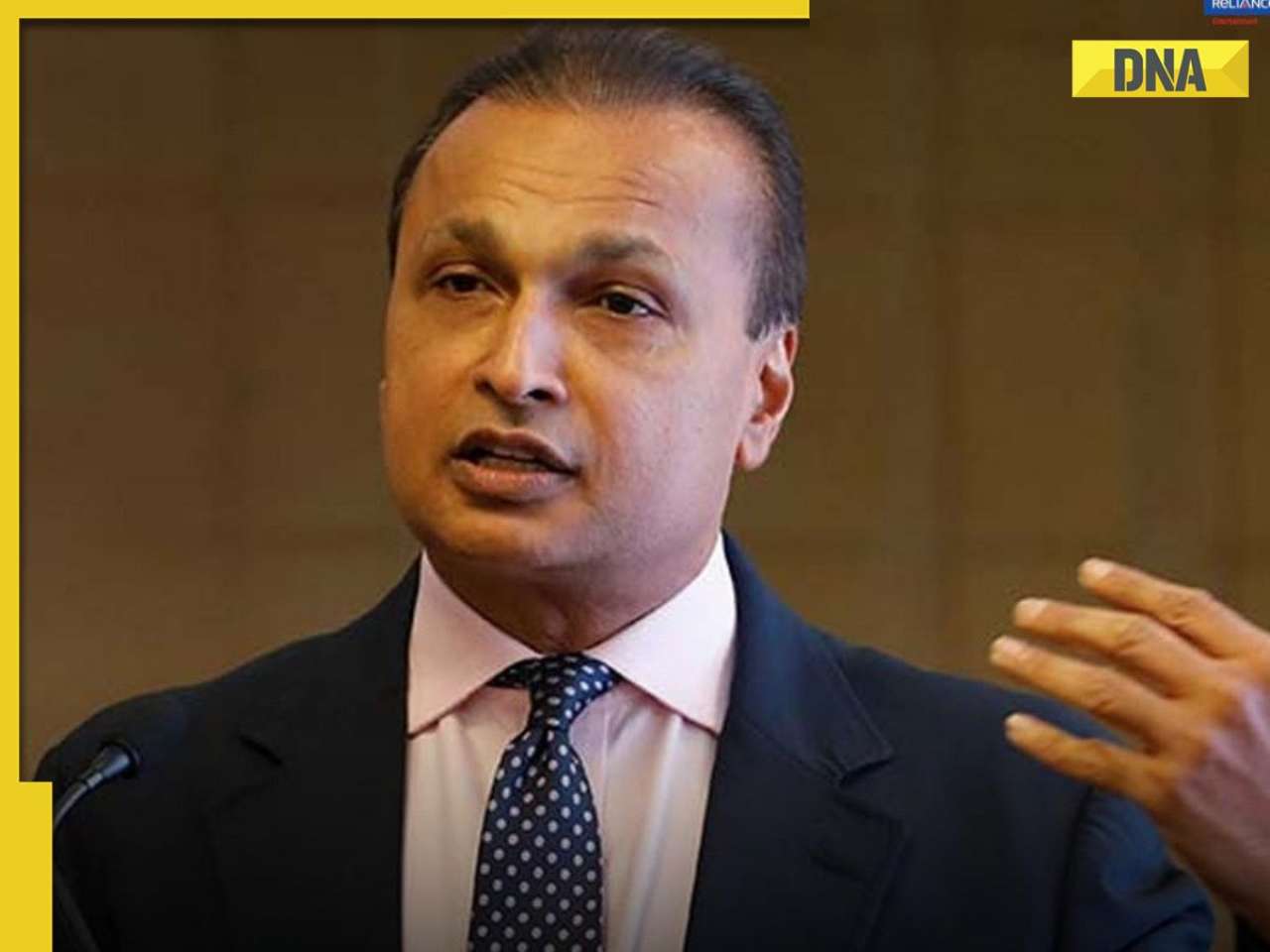
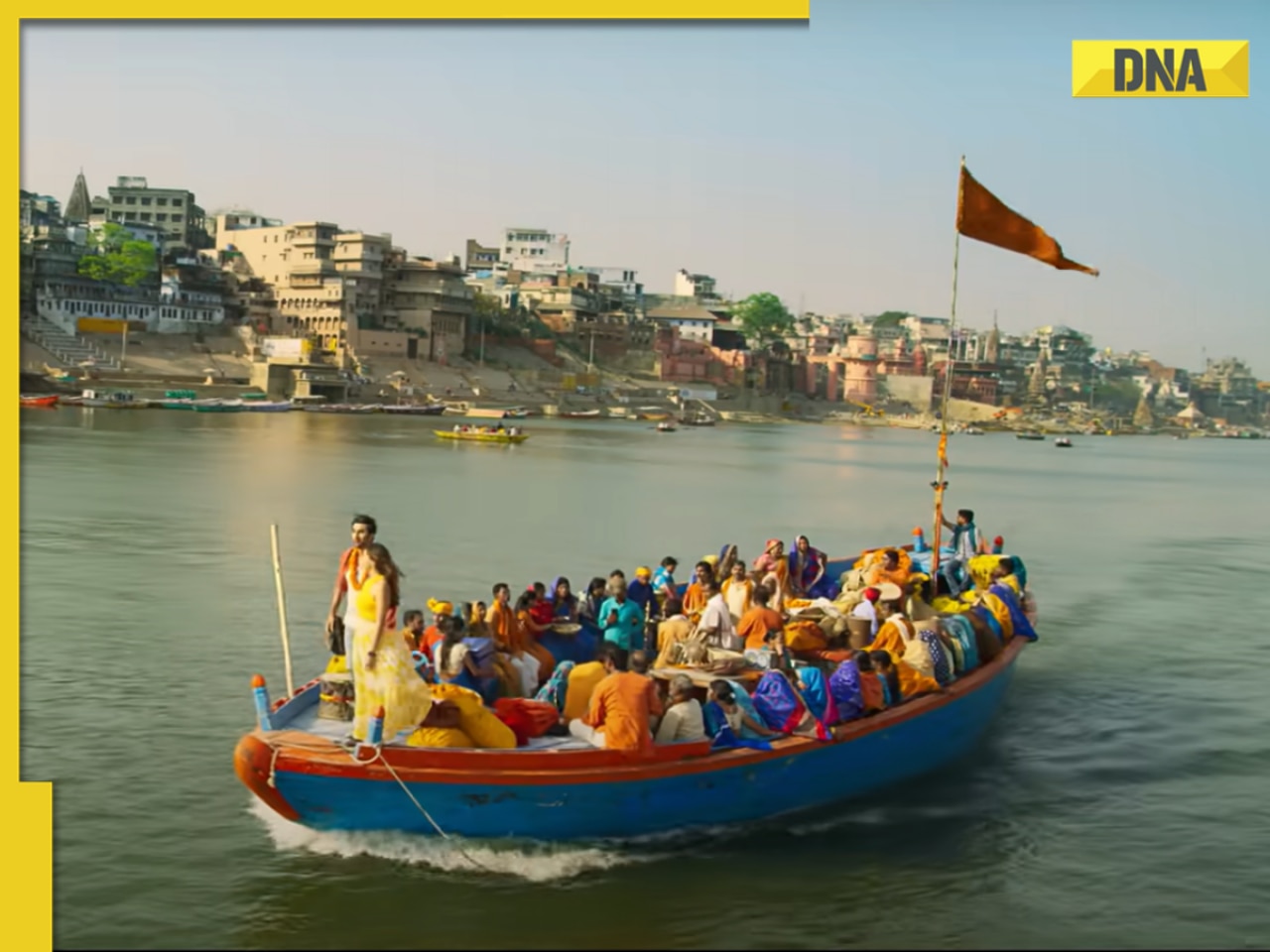
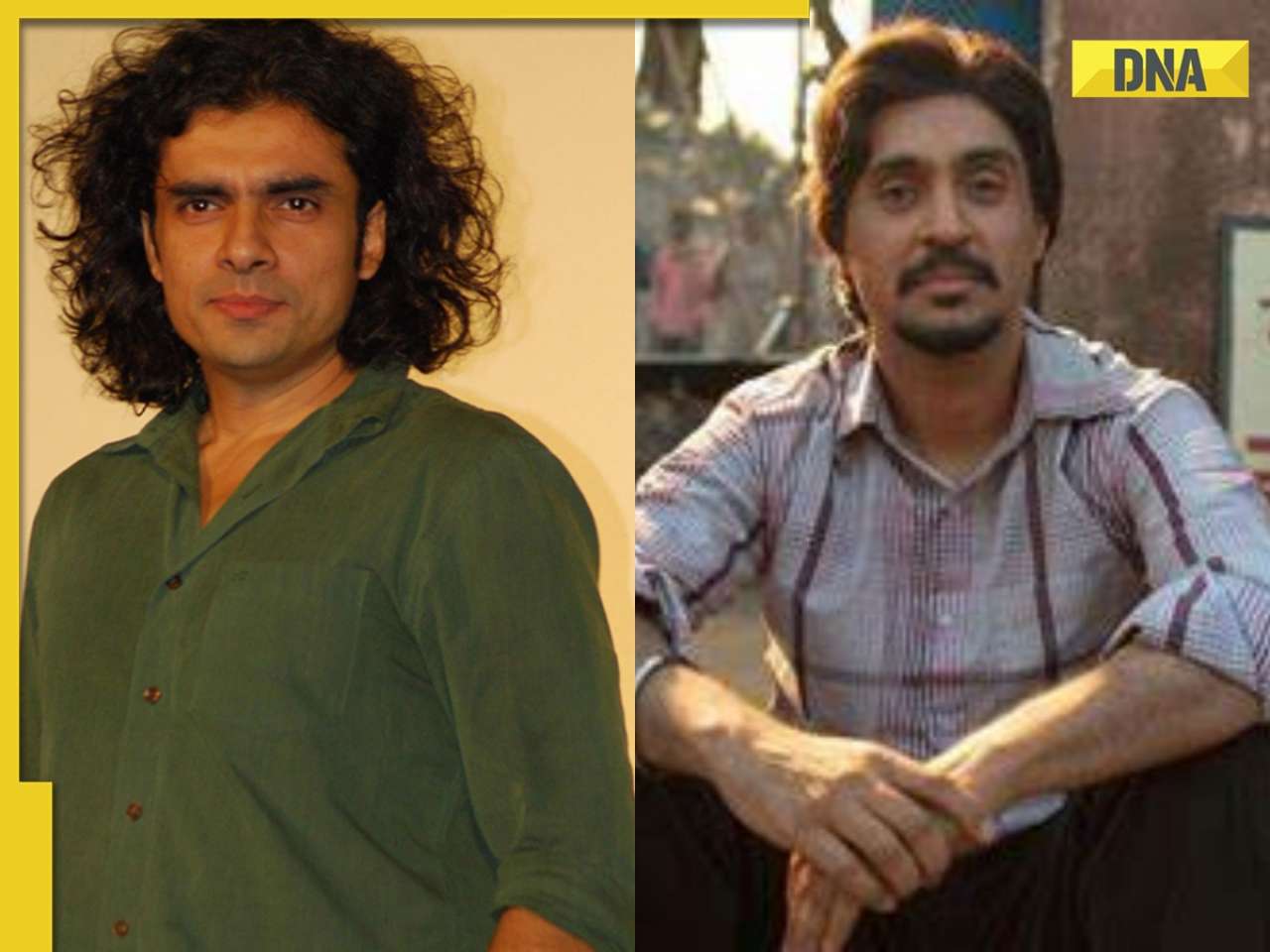
























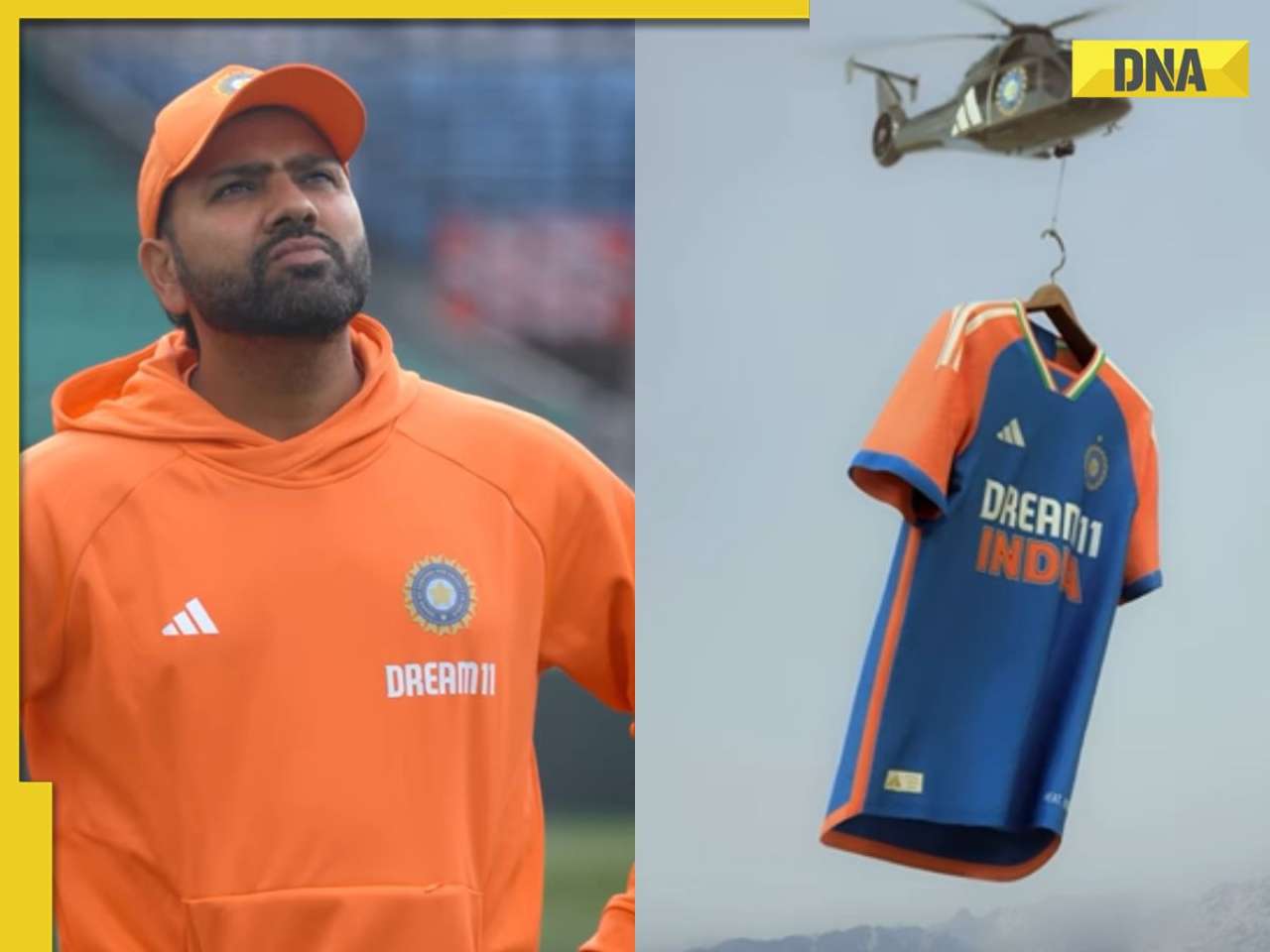
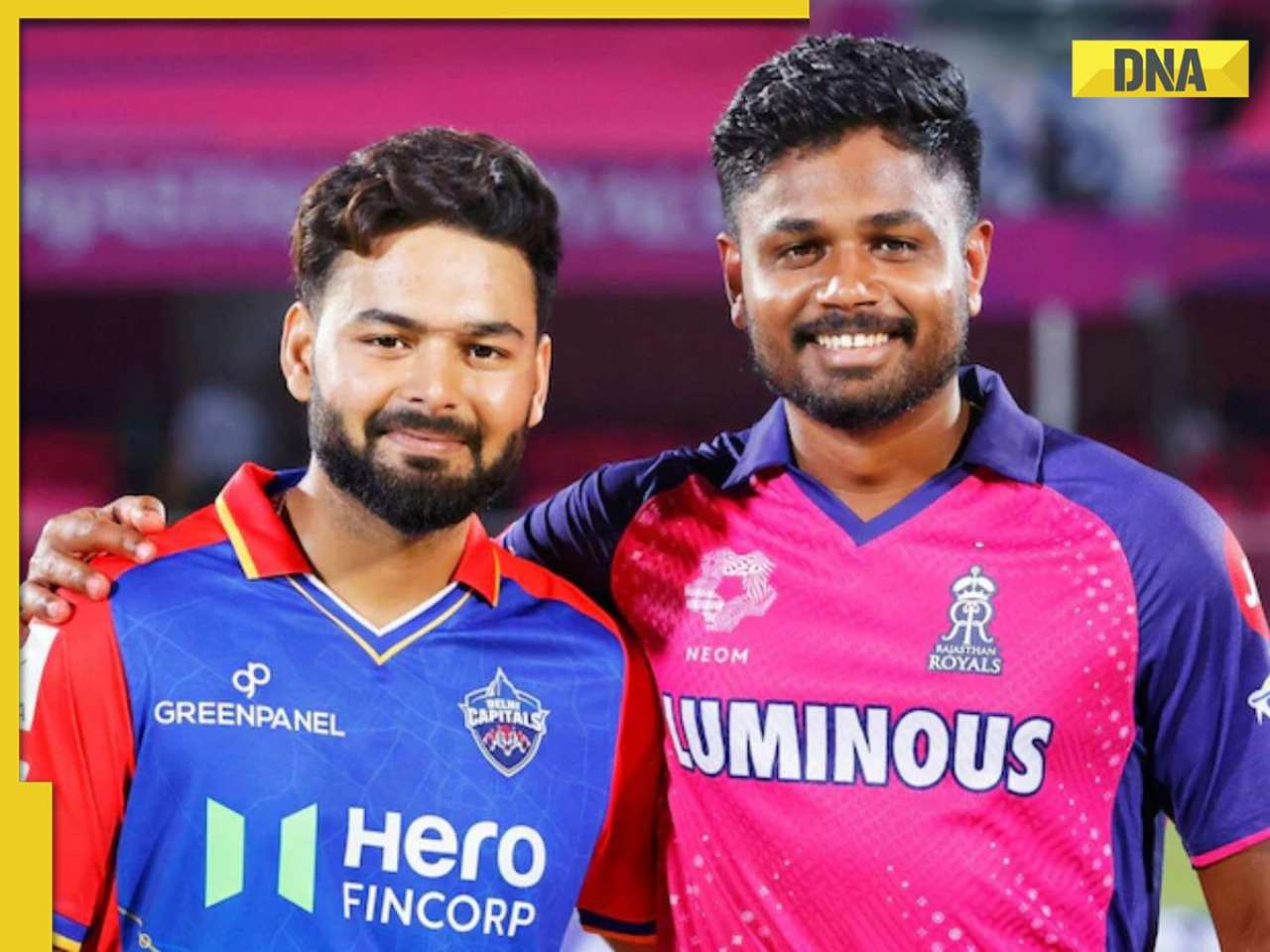






)

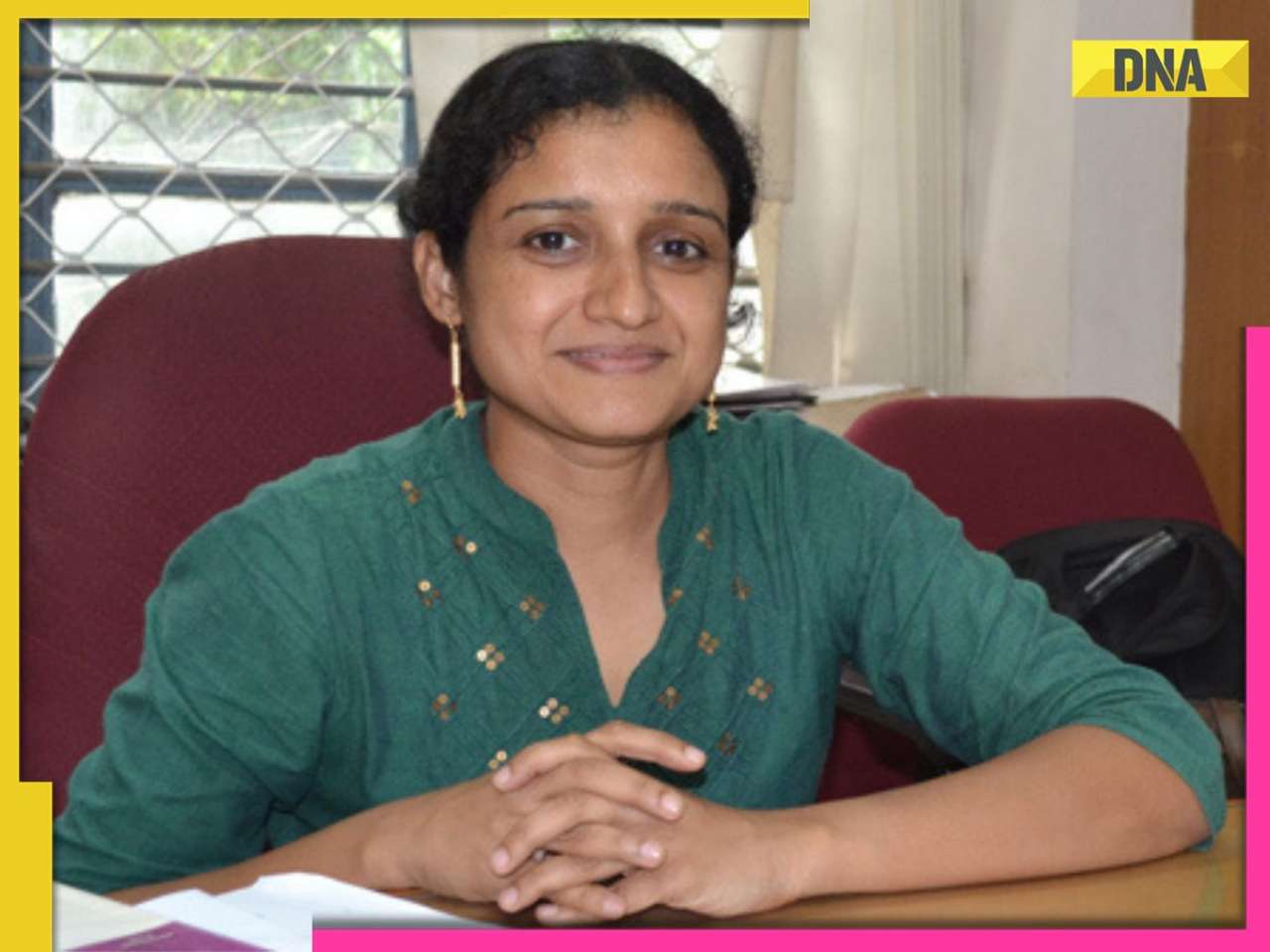







)
)
)
)
)
)